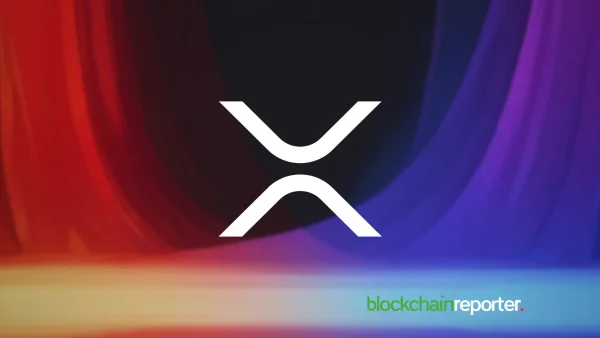
Over the past few years, the crypto market has gained mainstream acceptance, with more and more individuals and businesses using them for their financial transactions. Traditional banks have also recognized the potential of digital assets and are now partnering with digital asset banks to offer cryptocurrency services to their users. In a press release, Switzerland’s fifth-largest financial services firm, PostFinance, has announced that it will offer its users access to cryptocurrency through a partnership with the regulated digital asset services provider Sygnum Bank.
Switzerland Recognizes The Crypto Industry
The Swiss government-owned retail bank, PostFinance, is set to offer its customers cryptocurrency trading and storage services. The bank has collaborated with Sygnum, a local cryptocurrency bank, to provide regulated digital asset banking services, as announced by both companies on April 5th.
As a result of the partnership, PostFinance users will be able to purchase, store, and sell major cryptocurrencies such as Bitcoin and Ethereum. Sygnum’s institutional B2B offering, which enables banks to access regulated and compliant digital products, will facilitate these cryptocurrency services. The B2B network includes over 15 partner banks and offers a variety of cryptocurrencies, as well as revenue-generating features like staking.
Switzerland has a unique approach to cryptocurrency and differs significantly from places such as the U.S., where there appears to be a deliberate effort to eradicate it altogether. Sygnum, a cryptocurrency-focused bank that obtained a banking license from Swiss regulators four years ago, serves a variety of institutions, including Cantonal banks and private banks.
PostFinance Responds To Growing Web3 Users’ Demand
According to Philipp Merkt, the chief investment officer of PostFinance, the bank’s decision to enter the cryptocurrency space is a response to increasing demand from its customers. He stated, “Digital assets have become an integral part of the financial world, and our customers want access to this market at PostFinance, their trusted principal bank. A reputable and established partner like Sygnum Bank with an excellent service offering is more important than ever.”
Fritz Jost, Chief B2B Officer of Sygnum Bank, has stated that PostFinance’s foray into the cryptocurrency space was motivated, in part, by the outflow of funds from Swiss retail banks into digital assets. Jost said, “PostFinance became aware of a considerable number in the hundreds of millions each year of outflows to crypto exchanges and the like. So they saw that this is not only as an opportunity to add a new revenue stream, but also realized that this has a lot to do with client retention.”

According to Jost, PostFinance has not yet decided on the specific cryptocurrencies that will be made available, but a wide range of digital assets will likely be offered. Jost noted that in the past, banks had provided their clients with access to cryptocurrency and have subsequently been asked to offer additional features such as staking. He confirmed that PostFinance has a roadmap and plans to initially focus on buying, holding, and selling services to familiarize the organization and clients with cryptocurrency.
PostFinance, established in 1906, is the financial services arm of Swiss Post, the country’s national postal service. The publicly traded company is recognized for its favorable view of cryptocurrency and has developed its own cryptocurrency custody platform. In 2021, PostFinance also issued digital collectibles linked to physical stamps.

PostFinance’s declaration of its cryptocurrency trading services follows closely on the heels of Swiss Post’s unveiling of Crypto Stamp 3.0. The updated version of the popular crypto stamp incorporates both physical and non-fungible token versions that integrate with artificial intelligence technology. The new crypto stamp will be available for purchase on May 2, 2023.
The partnership between PostFinance and Sygnum Bank is a significant development for the Swiss banking industry and the cryptocurrency market as a whole. It signals a new era of collaboration between traditional banks and digital asset providers, offering customers a new level of convenience and security in their financial transactions.









